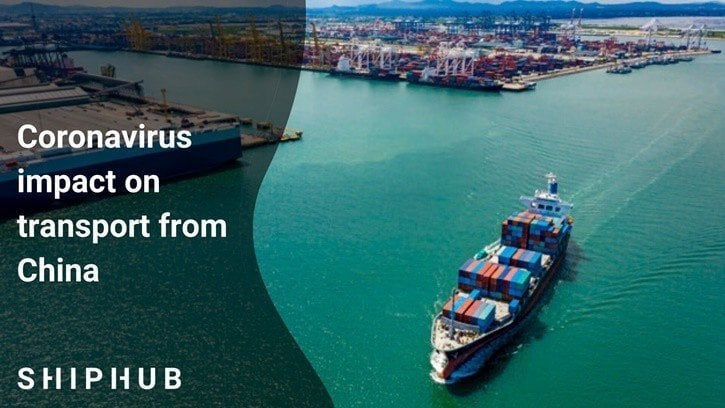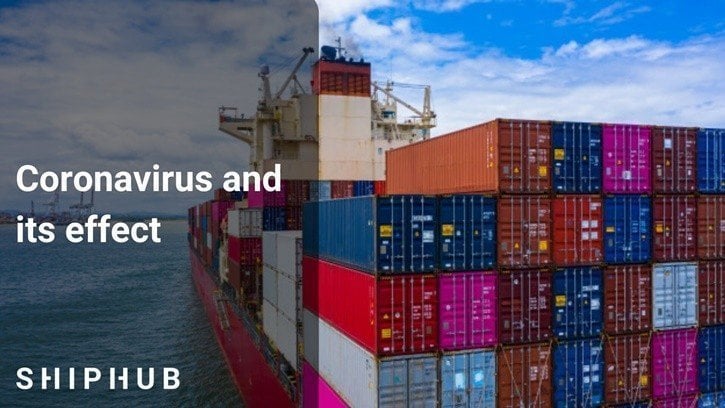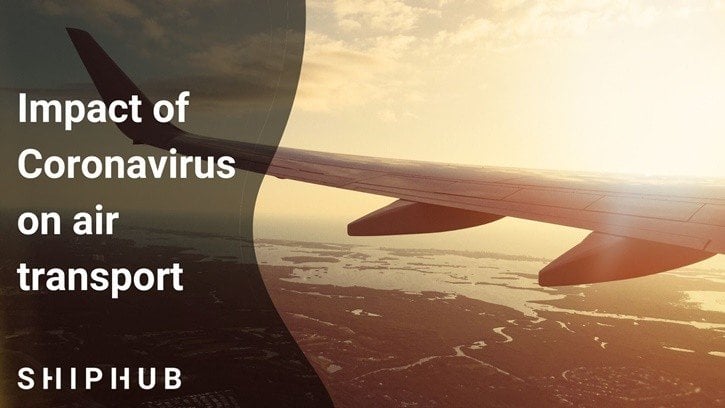Companies rely on a global network of suppliers to manufacture and distribute products to buyers. However, the COVID-19 pandemic disrupted the global supply chain, challenging various sectors of the economy. The maritime industry suffered heavily because of the outbreak. The growth of maritime transport will be slowed down, and the repercussions of the pandemic may be felt throughout 2020. What do ship operators do in the face of the coronavirus?
Ship operators in the face of the coronavirus
Nowadays, due to fourteen-day quarantine or closed borders, ship operators mainly struggle with exchanging crew. The difficulties translate into downtime at ports that either way operates at a lower capacity. There is already a lower demand for the largest freighters. Some European companies predict that the volume of containers will decrease by approximately 20% in March and April compared to the planned volume for the current year.
Completing or changing crews is just one of the worries. Ship operators are also forced to suspend or cancel sailings. The International Chamber of Shipping (ICS), an organization representing national shipowners’ associations and more than 80% of the world’s merchant tonnage, said that due to unrealized sailings, the companies lost up to hundreds of millions of dollars. The introduction of new IMO regulations only worsened the situation, affecting the freight market.
What measures have been taken?
One method of containing the spread of the COVID-19 is keeping social distance. Therefore, employees transition to remote work whenever possible. Companies decide to suspend crew exchanges, prohibit not-crucial delegations, and reduce transport capacity. Moreover, companies decide to close offices and cancel shareholders’ meetings. Ensuring the safety of employees will be costly.
Ship operators should ensure that in addition to basic health protection measures, additional items are carried on board. ICS recommends such medical devices as a portable ultrasound scanner, portable respirators, and oxygen concentrator.
Situation on ships
The main recommendation is that the ship’s crew is to report any symptoms of the disease, as well as wash hands with soap or use hand sanitizer more often than ever. If a crewmember has fallen sick, they should be isolated into their cabin, and dedicated staff must disinfect shared surfaces. According to the procedure, each ship entering the port is required to submit several documents to the Port Authority. At some ports, official documents should be placed under a plastic film and disinfected before being remitted to authorities. One such document is the Maritime Declaration on Health. It covers whether the vessel has called at ports of infected countries identified for mandatory quarantine and the health status of crew members. In some countries, if any crew members are suspected of being infected or any actual case is detected, the vessel will be held from entering the ports.
Approximately one hundred thousand seafarers each month are exchanged on ships. Because of the unusual situation, their employment contracts were extended for one month. ICS, together with Transport Workers’ Federation (ITF), sent a letter to the UN to exempt professional commercial seafarers from existing travel restrictions in order to prevent further difficulties in maritime transport.





